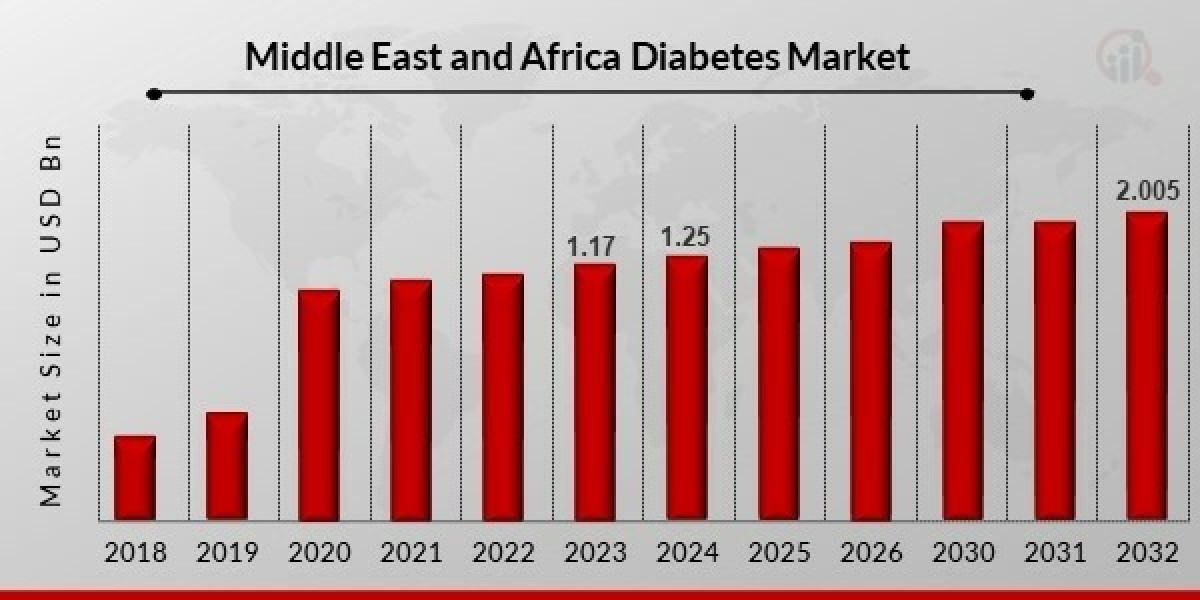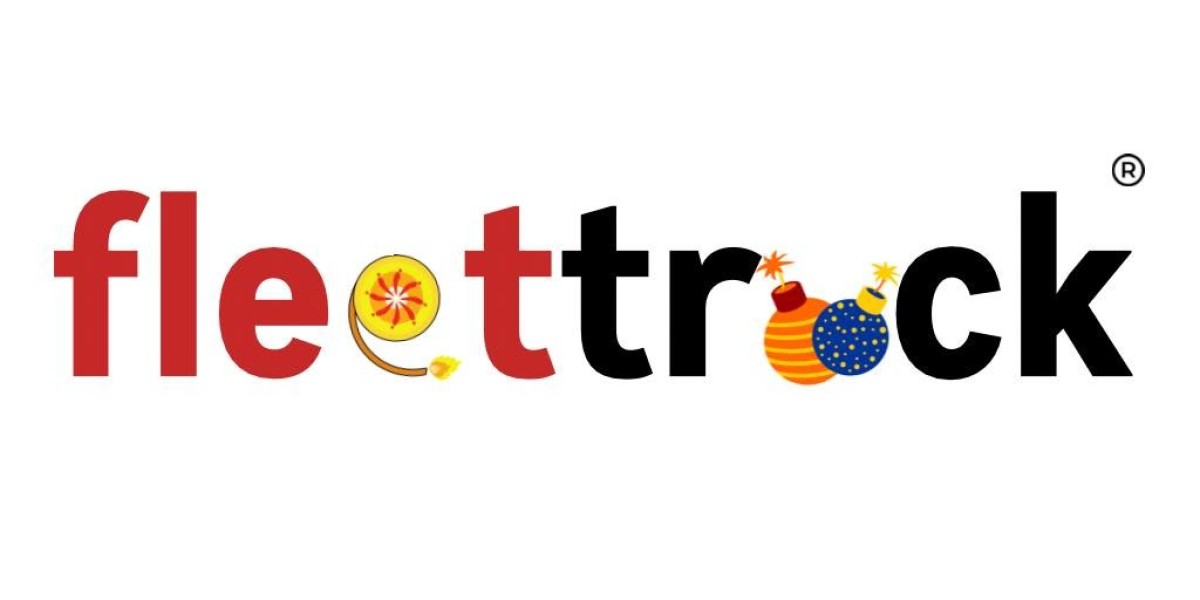Summary
The Middle East & Africa diabetes market is experiencing steady growth due to the rising prevalence of diabetes, increasing obesity rates, sedentary lifestyles, and urbanization. Diabetes has become a major public health concern in the region, with countries such as Saudi Arabia, the UAE, South Africa, and Egypt witnessing a significant rise in diabetic patients. Governments and healthcare organizations are making substantial investments in diabetes awareness, treatment accessibility, and advanced diagnostic solutions to tackle the growing burden of the disease.
Market Overview
Diabetes is a chronic metabolic disorder characterized by high blood sugar levels due to insulin resistance or insufficient insulin production. The region MEA diabetes prevalence has one of the highest diabetes prevalence rates globally, primarily due to genetic predisposition, unhealthy dietary habits, and low physical activity levels. Type 2 diabetes accounts for over 90% of diabetes cases in the region, with a significant rise observed among younger populations. Governments and private healthcare providers are focusing on diabetes prevention programs, digital health solutions, and innovative drug delivery methods to manage the disease more effectively.
Market Size and Growth Analysis
Middle East and Africa Diabetes Market Size was valued at USD 1.17 Billion in 2023. The Middle East and Africa Diabetes market industry is projected to grow from USD 1.25 Billion in 2024 to USD 2.005 Billion by 2032, exhibiting a compound annual growth rate (CAGR) of 6.08% during the forecast period (2024 - 2032). The increasing adoption of continuous glucose monitoring (CGM) devices, insulin pumps, and personalized treatment plans is driving market expansion. Additionally, the region is witnessing a rising demand for oral antidiabetic drugs (OADs), biosimilar insulins, and telemedicine solutions for diabetes care.
Market Dynamics
Growth Drivers
- High Diabetes Prevalence and Rising Obesity Rates: Sedentary lifestyles, high-calorie diets, and genetic factors are leading to a surge in diabetes cases.
- Government Initiatives for Diabetes Management: National diabetes programs and free screening campaigns are improving early diagnosis and patient education.
- Technological Advancements in Diabetes Care: The adoption of AI-powered diabetes apps, smart insulin pens, and non-invasive glucose monitoring devices is enhancing disease management.
- Increasing Healthcare Investments: The expansion of diabetes care centers, mobile health clinics, and digital health solutions is improving patient access to treatment.
Challenges and Restraints
- Limited Access to Healthcare in Rural Areas: Many patients lack access to diabetes specialists, diagnostic tools, and advanced medications.
- High Cost of Insulin and Diabetes Devices: The affordability of continuous glucose monitors (CGMs) and insulin pumps remains a challenge.
- Lack of Awareness and Education: Many patients are diagnosed at later stages due to low awareness about diabetes symptoms and complications.
Regional Analysis
Gulf Cooperation Council (GCC) Countries
- Saudi Arabia and the UAE have some of the highest diabetes prevalence rates globally, with government-backed diabetes management programs improving access to insulin therapies, digital health platforms, and lifestyle intervention programs.
North Africa (Egypt, Morocco, Algeria)
- Egypt has the highest number of diabetes cases in Africa, with increasing demand for affordable insulin alternatives and digital diabetes education platforms.
Sub-Saharan Africa (South Africa, Nigeria, Kenya)
- South Africa is a key player in diabetes care advancements, with a rising adoption of biosimilar insulins and mobile health diabetes management applications.
Market Segmentation
By Diabetes Type:
- Type 1 Diabetes – Insulin-dependent diabetes
- Type 2 Diabetes – Insulin resistance and lifestyle-related diabetes
- Gestational Diabetes – Diabetes during pregnancy
By Treatment Type:
- Insulin Therapy – Short-acting, long-acting, and mixed insulins
- Oral Anti-Diabetic Drugs (OADs) – Metformin, DPP-4 inhibitors, SGLT-2 inhibitors
- Non-Pharmacological Treatments – Diet and lifestyle interventions
By Device Type:
- Blood Glucose Monitoring Devices – Glucometers, test strips, lancets
- Continuous Glucose Monitoring (CGM) Devices – Sensors and wearable monitors
- Insulin Delivery Devices – Insulin pumps, smart insulin pens, syringes
By End-User:
- Hospitals & Clinics – Diabetes care centers and primary healthcare units
- Home Healthcare – Self-monitoring glucose devices and insulin delivery at home
- Retail & Online Pharmacies – Increasing sales of diabetes medications and CGM devices
Key Market Players
Key Companies in the Middle East and Africa Diabetes market include
· Abbott
· Bayer AG
· Becton Dickinson and Company
· Johnson & Johnson Services, Inc.
· Merck & Co., Inc.
· Novartis AG
· Novo Nordisk A/S
Recent Developments
- Launch of AI-Powered Diabetes Management Apps: AI-based mobile health apps are improving patient compliance and real-time glucose monitoring.
- Expanding Availability of Biosimilar Insulins: Cost-effective insulin alternatives are increasing access for low-income populations.
- Government Policies Promoting Early Screening: National diabetes control programs are enhancing early detection and prevention strategies.
Future Outlook and Opportunities
The Middle East & Africa diabetes market is expected to grow rapidly with increased investment in digital health solutions, wearable diabetes management devices, and personalized medicine approaches. The integration of telemedicine, AI-driven analytics, and blockchain-based patient data management will further enhance diabetes care efficiency. However, addressing cost challenges, healthcare accessibility gaps, and patient education barriers will be essential for sustained market growth.
For more information please visit @marketresearchfuuture









